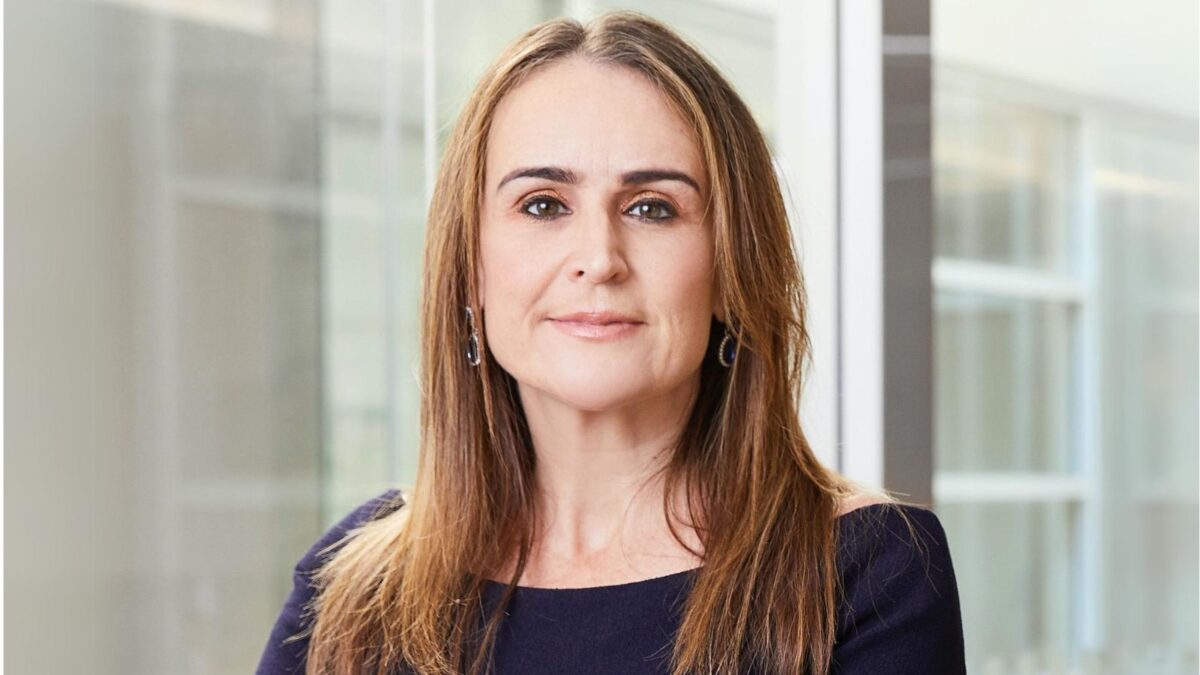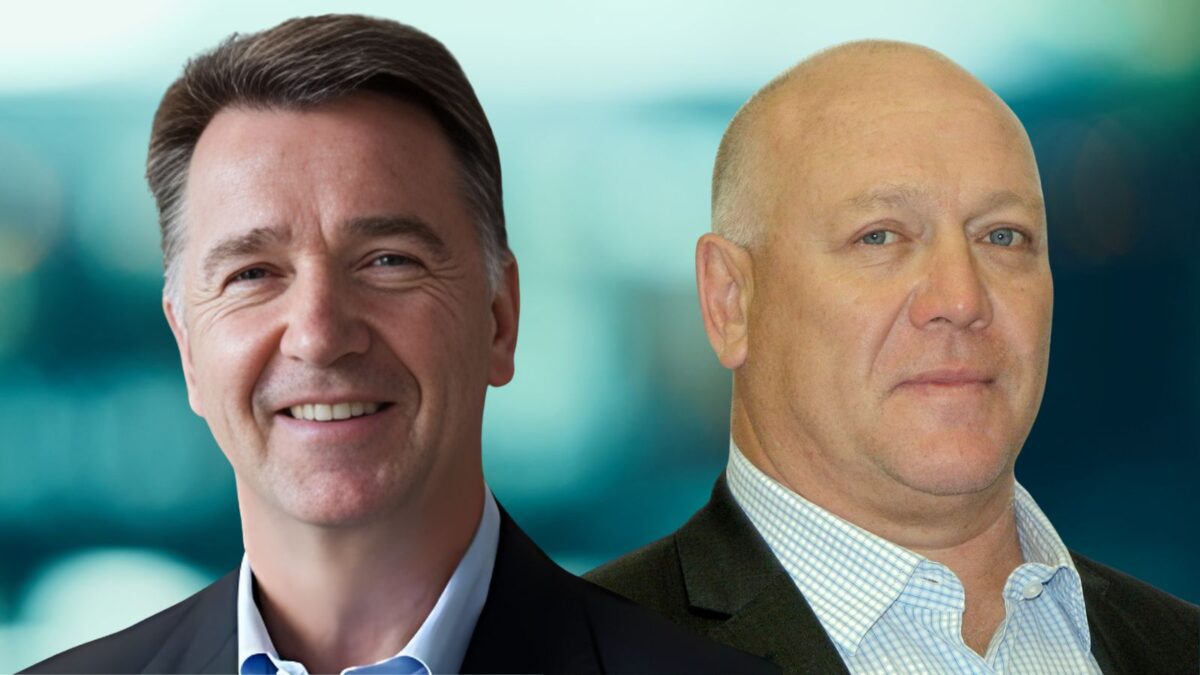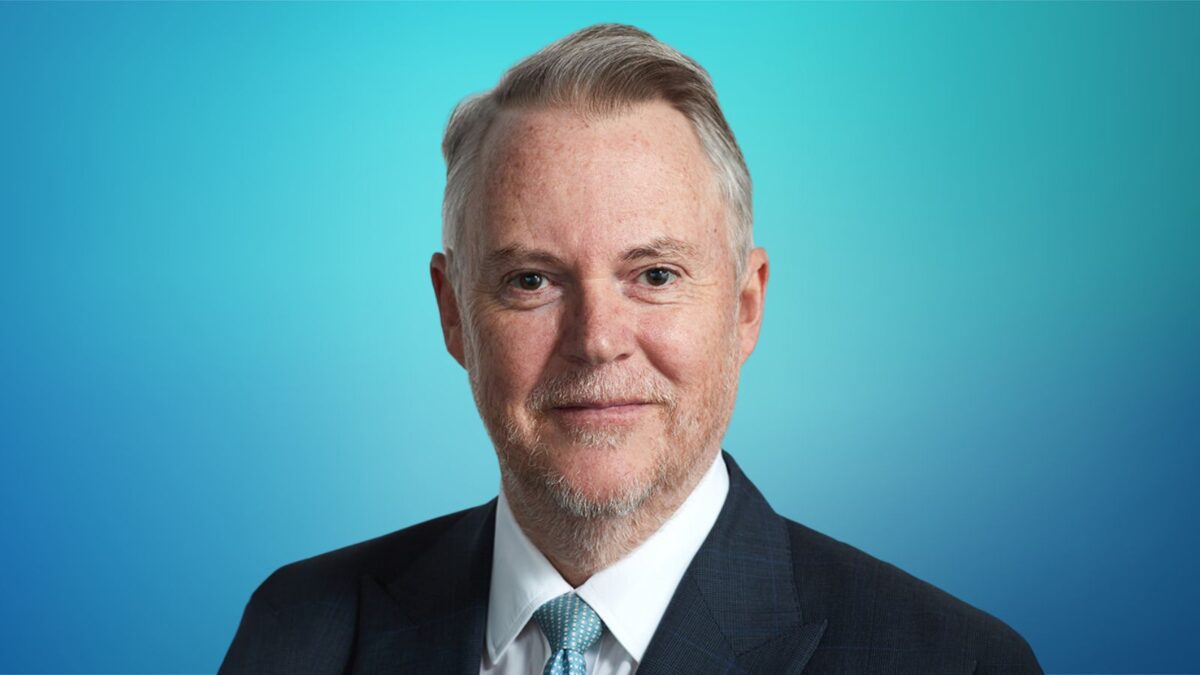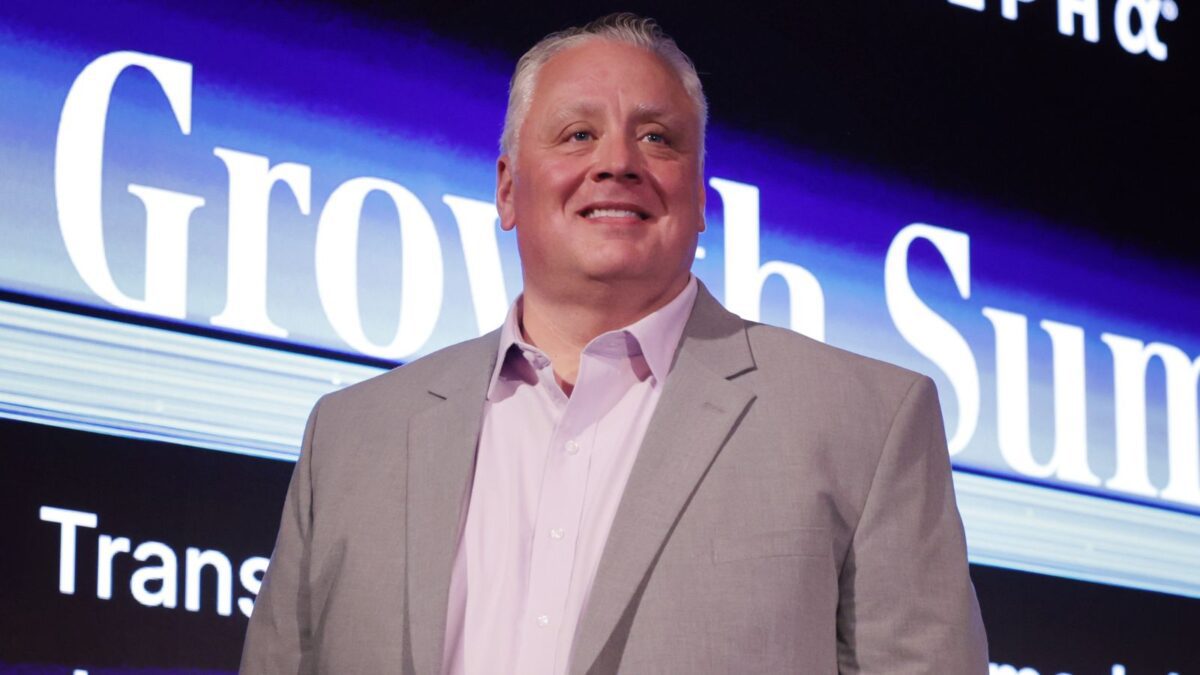Capital takes control of distribution in Australian push
(Pictured: Paul Hennessy)
After a long history in Australia via partnerships with other managers, the Capital Group has embarked on a program to control its own destiny. It is recruiting a head of retail and several other senior staff after taking back retail distribution from the multi-affiliate manager Pinnacle Investment Management.
Capital appointed its first Australian-based country head, Paul Hennessy, as senior vice president in August 2011. He had previously headed up Macquarie Funds Group’s distribution and also worked for the research firm Greenwich Associates.
“I was given the brief to help Capital become part of the fabric of the Australian investment community,” he says. “The number one priority was our existing clients and then we would build out a team to support new clients. That’s what we’re doing now.”
He says that Capital, the employee-owned US-based global firm with about US$1.3 trillion in assets, is not well known in Australia, but he means among financial advisors. Not too many institutional investors are unfamiliar with Capital. Its first Australian mandate was with MLC Ltd, the old insurance arm of MLC, in the 1980s after the Hawke Government relaxed investment restrictions.
The company has had institutional distribution through both MLC, which was called Capital National Alliance, and Credit Suisse, dating back to the 1990s. More recently, Pinnacle had provided most front-line distribution for retail, a relationship, Hennessy says, worked well for Capital prior to establishing its own Australian presence.
Capital is best known for its long-standing global long-only equities and emerging markets equities strategies. In fact, the manager claims to have been awarded the very first emerging markets equities mandate in 1986 and the first emerging market debt mandate in 1994. Less well known is the $240 billion-odd it manages in fixed income. Last year it launched in Australia its emerging markets all-asset class strategy, ‘Emerging Markets Total Opportunities’, and is next looking at a global high-yield opportunities fund, a “borderless sovereign capital” fund for Australian investors.
Hennessy says that one of Capital’s themes is the “death of domicile” in an increasingly global world.
“We have also gone on the front foot in the active versus passive debate, analyzing 80 years of data and producing research on the subject.”
In the US, the bulk of Capital’s funds under management sits in mutual funds which cater for the trend to “objective-based” investing. Several managers and multi-managers have launched such strategies and funds in Australia in the past 12 months for both the retail and institutional clients. The trend, however, is being driven by increased retailisation and the post-financial crisis demands of primarily individuals and their income requirements in retirement.
As part of its Australian business strategy, apart from building out its distribution team, Capital has for the first time engaged a public relations firm, Kirkwoods, and taken up sponsorship roles, such as a recent ASFA event. Hennessy says the firm wants to be engaged with the investment community.
For years, Capital shunned media and obvious marketing in Australia, where it was happy for its former partners to adopt that role. But earlier this year it combined its various brands, including Capital International with which it was best known here, under the one – Capital Group – and undertook initiatives to improve transparency.









